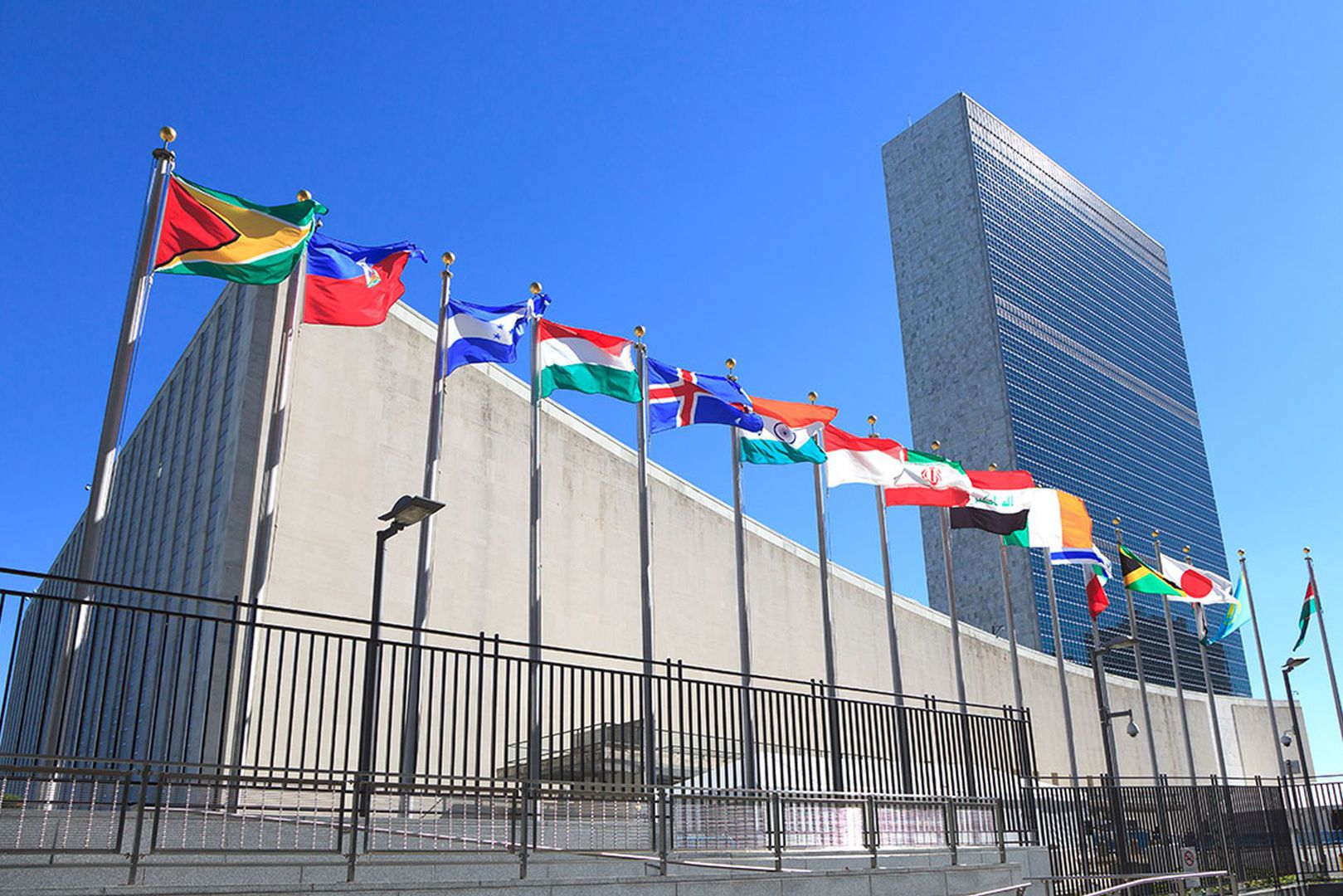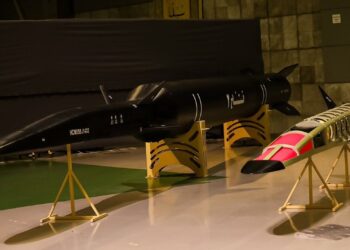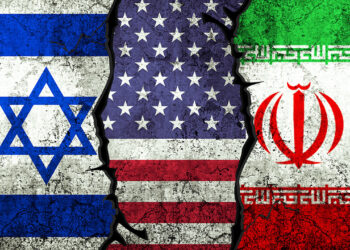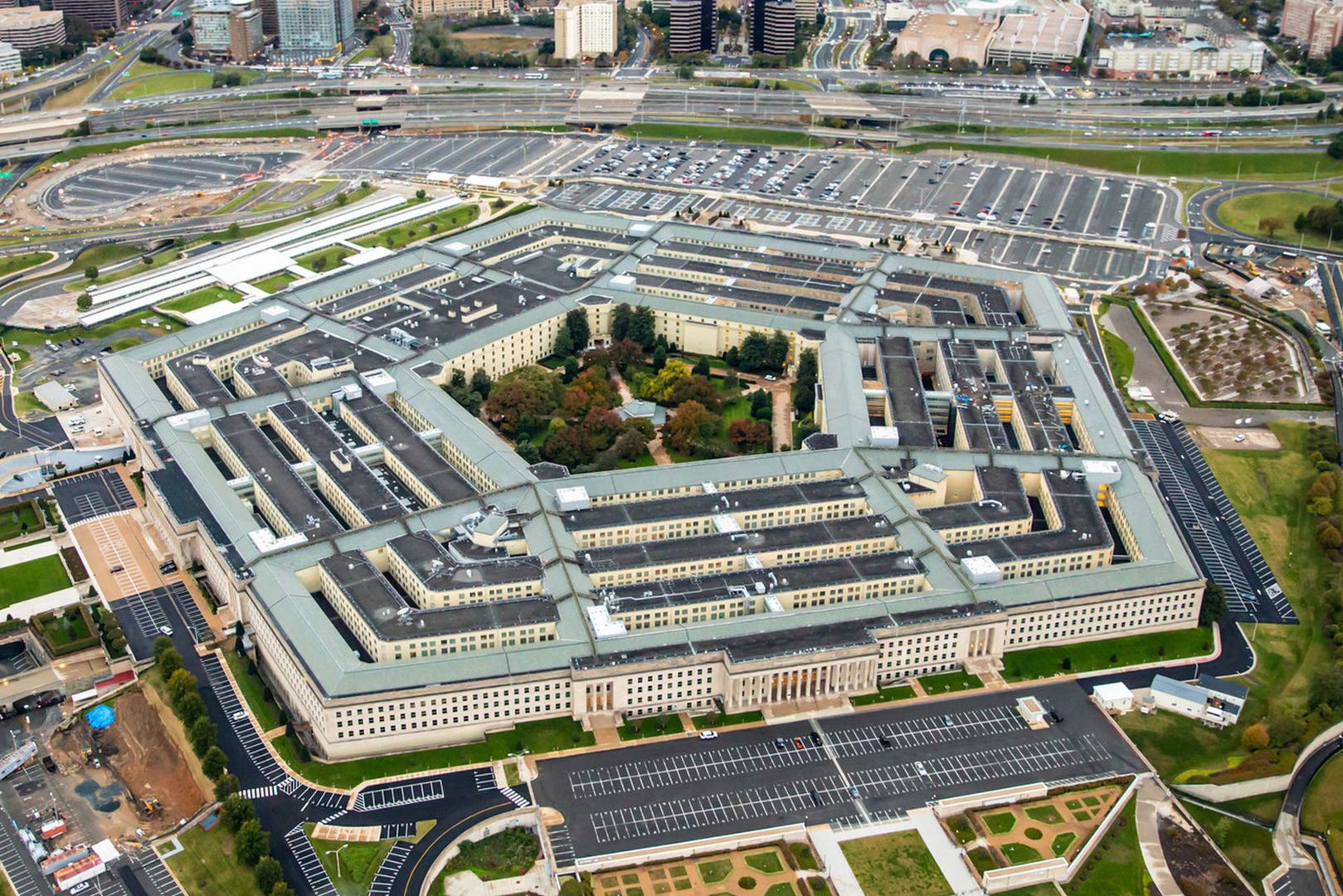As the United Nations enters its 75th year, the world is still rife with mistrust: the United States remains the dominant superpower but is on the wane, while Asian power is growing in the face of an increasingly fractured Europe, with an explosive Middle East sandwiched in between.
In the New York headquarters of the United Nations, the Cold War never really ended, as demonstrated by a scene recently observed in its hallowed hallways: a US diplomat spotted hiding behind a wall to listen in on what the Chinese ambassador was telling a group of journalists.
Even if the world has managed to avoid a third World War, conflicts drag on for years and the risk of a more widespread conflagration remain high, as witnessed by the recent near-miss when US President Donald Trump ordered the killing of a top Iranian general in Baghdad while the Security Council simply looked on.
“With turbulence on the rise, trust within and among nations is on the decline,” Secretary General Antonio Guterres said in a recent address, calling the multiple challenges “a grave test to multilateralism.”
“We see this trust deficit in streets across the world, as people vent their frustrations and voice their feeling that political establishments are out of touch, incapable or unwilling to deliver,” Guterres said earlier in January during a debate on the UN Charter.
“We see it in the work of the United Nations, including the Security Council, when member states struggle or fail to find reasonable common ground,” he added.
Asymmetrical conflicts
The UN’s promise as a global forum for resolving conflicts has dimmed dramatically since the powers that emerged from the ruins of World War II hatched the idea at the Yalta conference in February 1945.
For some, the cracks in the edifice started to really show in 2011 with the start of the Syrian civil war and the overthrow of Libyan strongman Moammar Kadhafi led by western powers. For others, it was the 2003 US-British invasion of Iraq that dealt the international system a resounding blow.
Asymmetric warfare has replaced the high-stakes balance of power that marked the heyday of the Cold War, with attacks on the streets of Europe, Asia, Africa and the Middle East now so frequent as to seem almost humdrum. The old threat of nuclear proliferation has raised its head once again, accompanied by the new dangers of global warming.
The US pullback from the world stage over the past decade, combined with European fractiousness, has opened the door to Russian expansionism, which has proved hard to stop in crisis areas such as Syria, Libya, Venezuela or North Korea.
“Russia’s approach to the UN is often more tactically intelligent than Western diplomacy,” Richard Gowan of the International Crisis Group, said in an interview with AFP. “The US and Europeans often see the Security Council as a stage for making big moral statements rather than pursuing real diplomatic deal-making.”
China has become the second-largest funder of the UN after Washington, but has kept a measured pace internationally.
“China has an ever more visible foreign policy, but one which aims to dissociate a conquering economic imperialism from a multi-sector intervention, which it distrusts,” Bertrand Badie of the Institute of Political Studies, or IEP, in Paris, told AFP.
Compared to 75 years ago, there are very few points of reference left.
‘World of egos’
Since its founding, the UN has had five permament members of the Security Council with veto rights, and its worldview reflects that old distribution of power.
The South “has never really been integrated in the global game,” said Badie, noting that there is a “new order that the old powers do not perceive.”
“During the Cold War, the Security Council passed relatively few resolutions,” said Gowan. “Diplomats from that era would not recognize the gargantuan resolutions the Council now passes on peacekeeping operations, covering everything from humanitarian affairs to climate change.”
He observed that these days, “even UN officials feel that most Security Council resolutions are so long and complex that they cannot be implemented.”
Not to mention those resolutions that have failed to pass, or whose conditions members have failed to meet, such as climate deals, the Iran nuclear agreement and disarmament treaties.
“The Security Council has lost its credibility which was never more than a formality back in the day, ” said Badie. “Today it has lost even that in the face of the the anarchic nature of great power games.”
One UN ambassador deplored a “world of egos who use crises as a chance for a show of force,” while during the Cold War there was more effort towards “protecting civilain populations and human rights.”
“It used to be easier to negotiate with one’s adversaries,” said one UN official.
For Guterres, there is a very real fear of what the UN chief in September called a “Great Fracture: the world splitting in two, with the two largest economies on earth creating two separate and competing worlds, each with their own dominant currency, trade and financial rules, their own internet and artificial intelligence capacities, and their own zero sum geopolitical and military strategies.”











